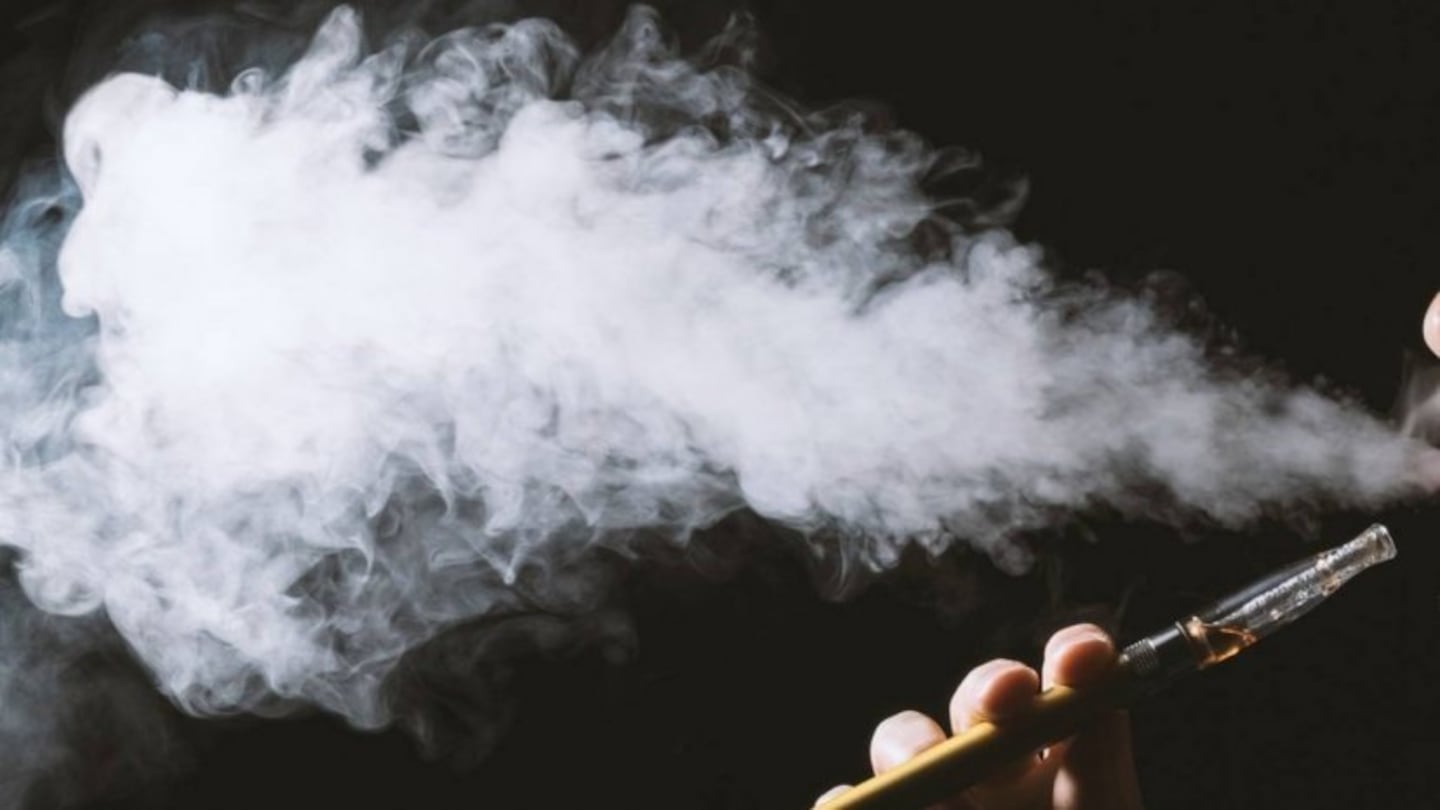The government says it will implement stricter regulations on vaping on top of those already announced earlier this year, if re-elected.
The new policy proposes a cap on the number of vape stores at 600 nationwide, roughly half the number operating already.
The party says it will also introduce a licensing requirement for vape product retailers, and enhanced penalties for those found selling to minors.
“The recent increase in youth vaping is unacceptable. Those who produce and sell vapes are clearly targeting our kids, especially in low socio-economic areas, and Labour is taking action to stop that.” PM Chris Hipkins said Tuesday.
“Earlier this year the Labour government announced we would effectively ban disposable vapes, stop new vape shops from opening near schools and marae and restrict the number of flavours.
“We have also banned the sale of vapes to under-18s and prohibited vape advertising and sponsorship,” Hipkins said, while adding it was clear more “needs to be done”.
“Vapes are far too widely available so tougher measures are now needed,” he said.
Rapid addiction rise
Health advocates including Health Coalition Aotearoa (HCA) have expressed support for Labour’s initiative, but Catherine Manning from HCA’s Smoke-free Expert Advisory Group conceded more needed to be done.
“We are heartened Labour is moving in the right direction with these measures because our tamariki and rangatahi need protection,” Manning said. However, she said individual sellers should also be required to obtain a license for both vaping and smoked tobacco products and should lose their license for any breaches.
Recent evidence from the ASH (Action on Smoking and Health) Year 10 surveys, starting from 2015, indicates the rapid rise of nicotine addiction among school children, Manning said.
A 2021 survey of students in Hawke’s Bay revealed 9.8% of students vaped daily, with 15% of daily vapers even waking up during the night to vape.
HCA co-chair Professor Boyd Swinburn said there were escalating concerns around vaping, noting the massive support for the Vape-Free Kids Aotearoa petition submitted to Parliament recently.
“When parents, principals and rangatahi are turning up on the steps of Parliament pleading for help, we can see how significant the problem is,” Swinburn said.
Māori perspectives
HCA said beyond clamping down on retailers, there also had to be resources to monitor and implement the regulations.
The response to vaping by the government also didn’t fully recognise Māori perspectives on the harms of addiction among rangatahi and tamariki.
HCA Smoke-free Expert Advisory Group chair Leitu Tufuga said that was crucial, particularly as vaping prevalence among Māori and Pacific young people was significantly higher than New Zealand European youth.
“We must ensure that entrenching vaping among rangatahi of today and in future generations is not a legacy of the Smokefree Environments Amendment Bill,” Tufuga said.




